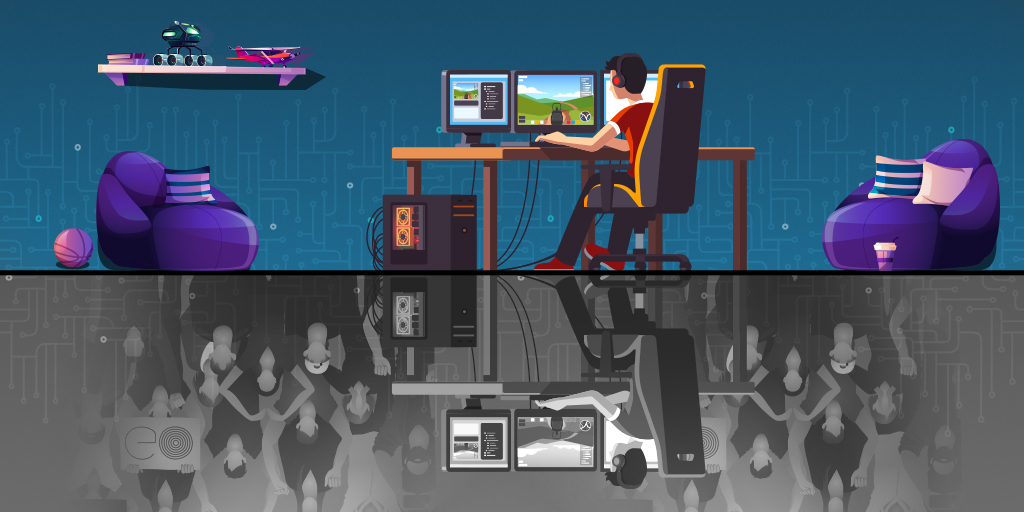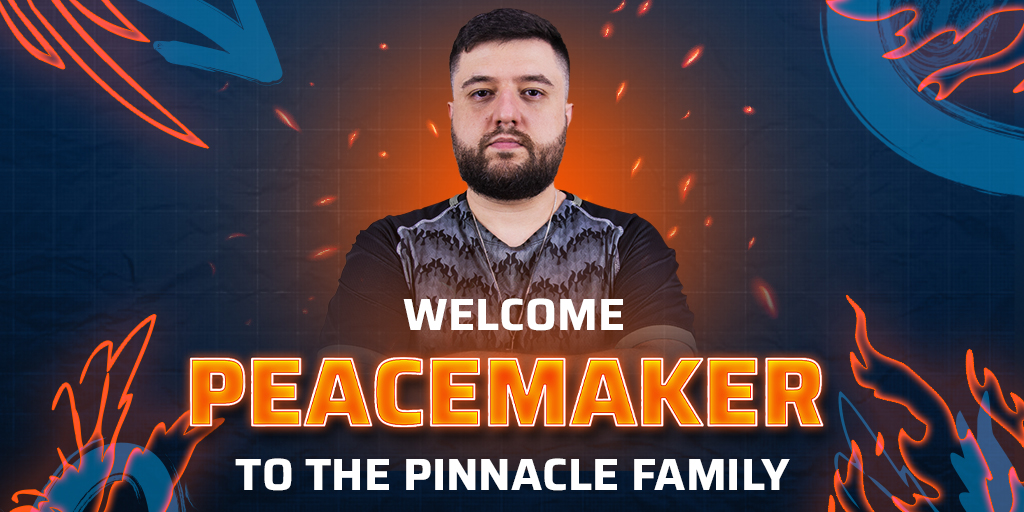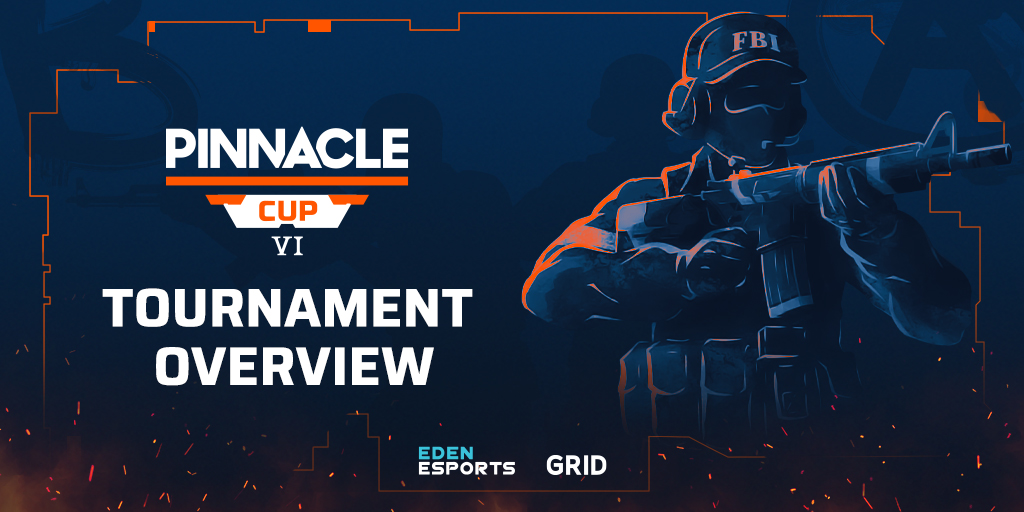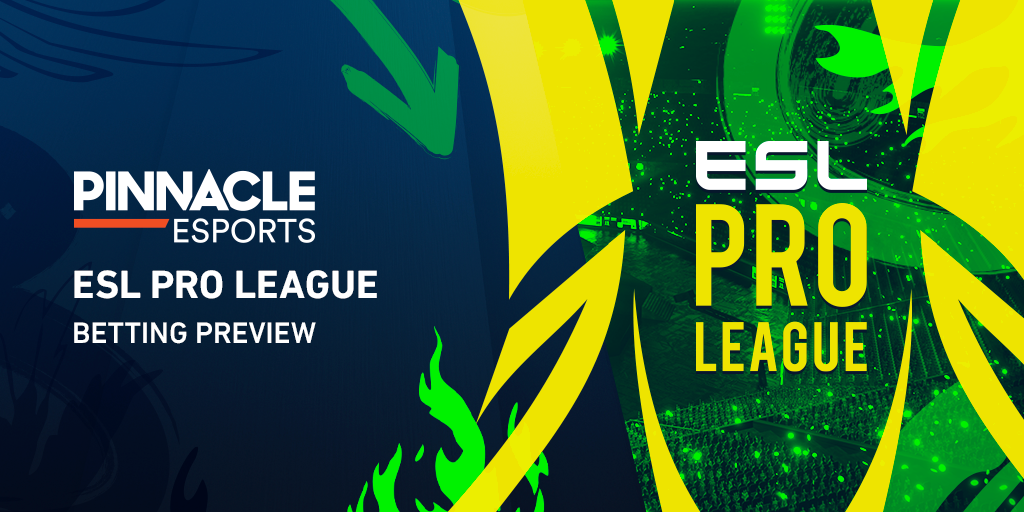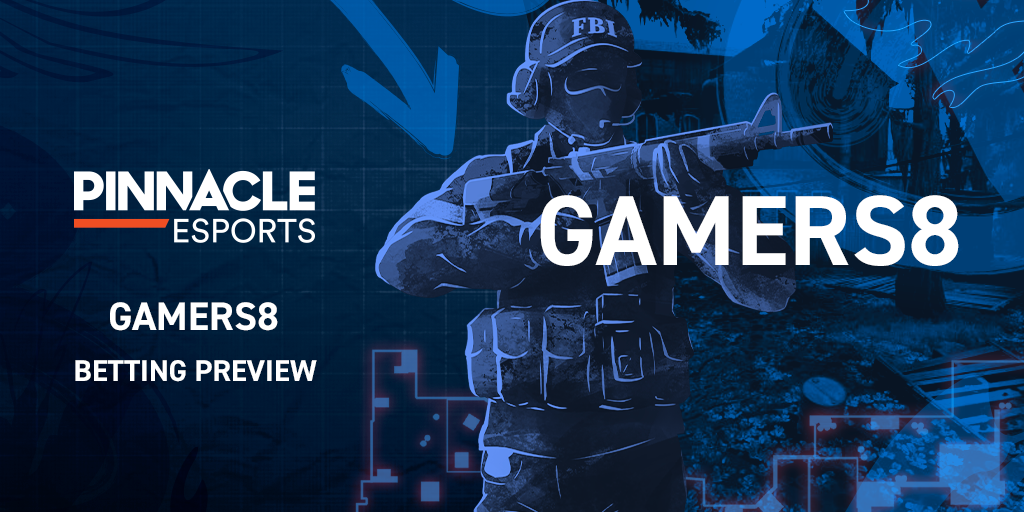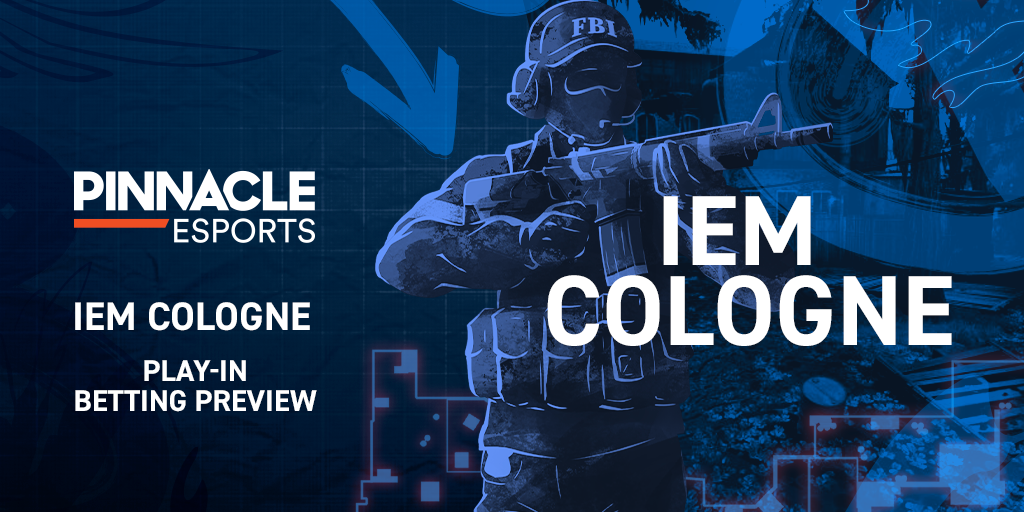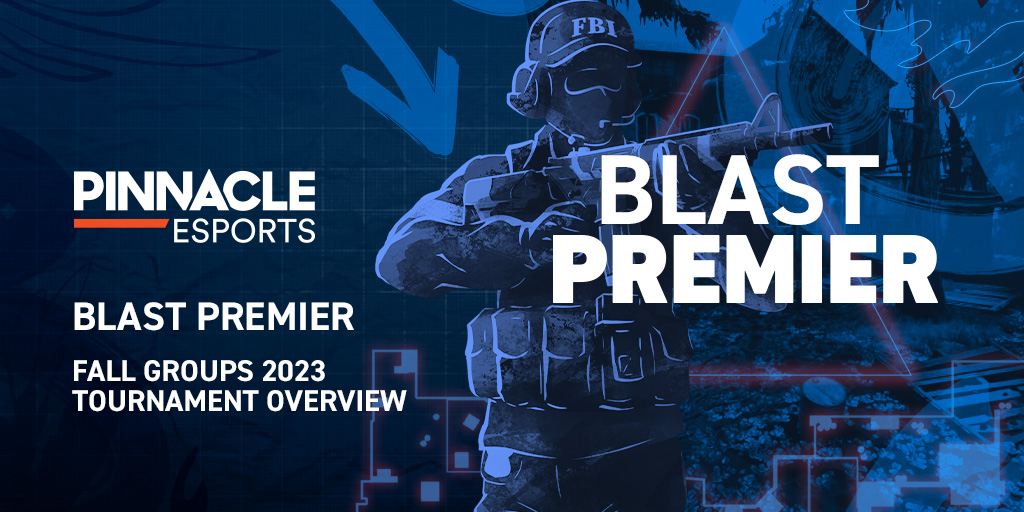Due to the current global pandemic, offline esports events have suffered cancellations or postponements. As such, the fledgling industry has returned to a natural home – online. We’ve enlisted the assistance of a former professional CS:GO player to discuss the affects this may have on a number of teams.
It would be an understatement to say that we are going through challenging times. Quite frankly, it feels like the COVID-19 is the greatest crisis humanity had to endure in its recent history, at least on this scale. Esports, like so many other industries, has been hit right in the face with events, very logically, being cancelled.
I was in Katowice, Poland, when the news came out that we could not welcome thousands of people in the arena for the IEM Katowice play offs. Little did we know that this was only the beginning.
I will look at this period, in hindsight, and ask myself “Who adapted better?”
Yet, CS:GO has the amazing ability to survive solely through online matches. Esports not only have the possibility but also the responsibility to keep offering entertainment to the people and help them escape the anxious reality just for a little bit. But what does it mean for the professional teams?
I have experienced, first hand, the transition from online to mainly offline based Counter-Strike back in the days but a lot of professional players aren’t familiar with this new ecosystem that will be theirs for at least a few weeks. Let us think about some of the challenges that purely online based CS:GO poses.
Differences between online and offline CS:GO
Why do experts usually take online results with a pinch of salt? After all, people play the same game, on the same maps, with the same weapons. Barring some enormous ping differences that would skew the odds, it should be counter intuitive to discard online results so easily, yet we all do it, myself included.
One gigantic difference that I will always bring up when considering online vs. offline Counter-Strike is the psychological comfort zone in which players find themselves.
When one is performing in a LAN environment, there are so many factors that one needs to have under control in order to perform optimally. They need to handle the pressure, not only from the competition itself but also sometimes from the crowd. A player would need to find the sweet spot on a chair they don’t know, using a table that’s not theirs and possibly a monitor they’re not used to.
Do not get me wrong, the established Counter-Strike professionals know how to handle it. The best at performing under pressure generally are the ones at the top of the rankings.
This perspective will always procure a good understanding of why challenger teams struggle to close games against favourites for example. You can let yourself get hindered by the moment’s pressure, the event itself, and crumble.
This does not happen in online CS:GO matches. Players generally feel significantly less pressure at home, comfortably set up in their own cocoon. This is partly why we will see upsets happening left and right. People feel free and relaxed and allow themselves to take risks and be a lot more aggressive than they would be in an offline pressure heavy environment.
Immediate changes in CS:GO
The changes go beyond the realm of official matches only. For a lot of top teams, this period will be a new experience, spending an extended amount of time at home while working. Think about how stacked the calendar was before this crisis happened. Teams were regularly complaining about the lack of training and the mental exhaustion coming from having to go from one event to another with only a couple of days to spare.
I was in Katowice when the news came out that we could not welcome thousands of people in the arena for the IEM Katowice play offs.
My opinion is that the best teams had developed efficient procedures to be able to improve from one event to another with very little time. Now they will need to adapt to a new situation where they have lot more time to practice in the comfort of their own home.
This has two major implications. First, they will need to figure out how to spend all that newly found time without burning themselves out by playing too much, while still maintaining high work ethics to keep improving. Second, they will have to figure out the mental conundrum of remaining highly motivated while playing mostly practices.
Needless to say, it is more rewarding to win offline matches in front of an ecstatic crowd than to have a successful evening of practices, but the teams who will adapt to this the quickest will remain on top during these challenging times.
At the end of the day, I believe the factors I listed will favour upsets at least on short term. The very top teams are the ones whose regular ecosystem has been more deeply and profoundly changed. For smaller teams, life has almost always looked like this in CS:GO. Lots of practices, official matches for qualifiers and leagues here and there, and offline (LAN) events only occasionally if they were lucky or successful.
- Read more from Maniac: VALORANT: A pro's perspective
They will need to put less effort into adapting their way of functioning because, in their cases, the difference between pre- and post- COVID-19 is significantly smaller. My hypothesis is that, as time goes by, results will “normalise”: the very top teams will figure out how they want to organise and optimise their time and get accustomed to the play style that is generally prioritised in online games.
Long-term impact of online play
When all of this is over, we will have a choice as to how we consider the results that have happened in these strange times. We could simply discard them altogether because “it was online”. This would be cognitive laziness as far as I am concerned. I will look at this period, in hindsight, and ask myself “Who adapted better?”
Yes, these results will all have an asterisk next to them, but it doesn’t mean that they have no explicative value on how efficient the teams have been at finding a new way to perform optimally. From talking to some players, I know and I realise that there will be frustration. No one appreciates being run over by teams they consider to be below their level.
Nevertheless, online CS:GO will be our reality for a while now and one can either see problems or solutions. When you cannot change the situation, you have to change your perspective on the situation. I think the teams that will be the best at it will remain on top.

